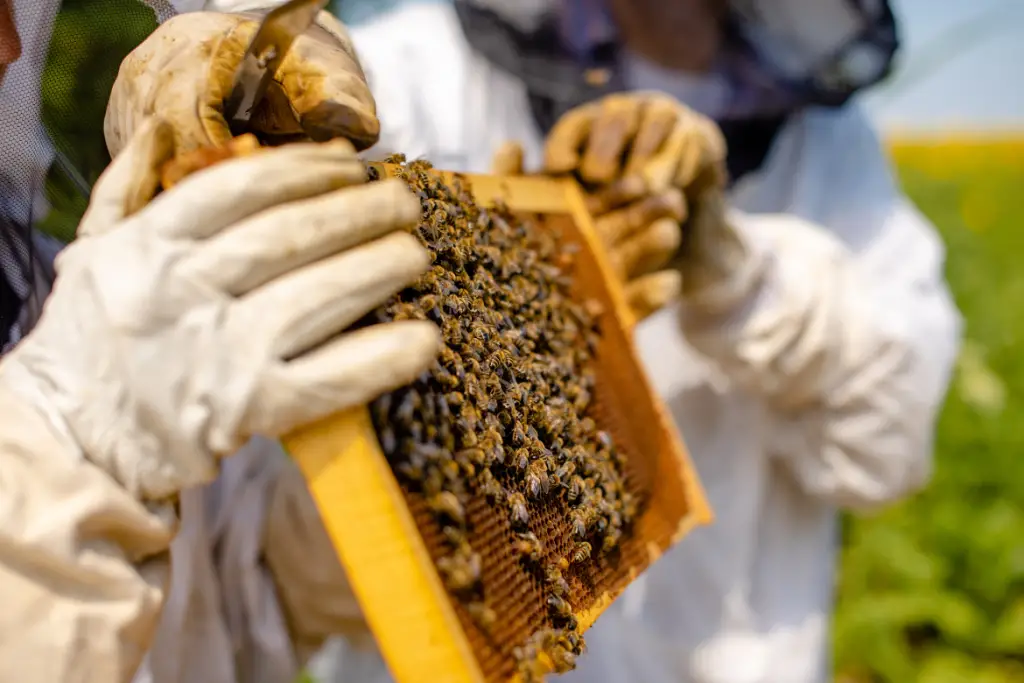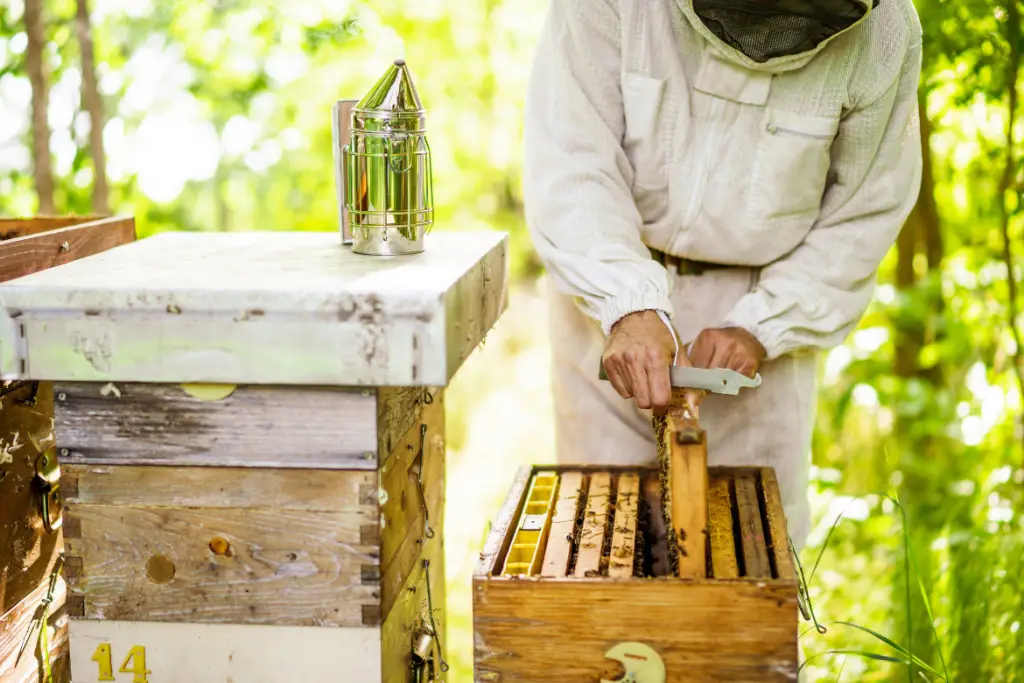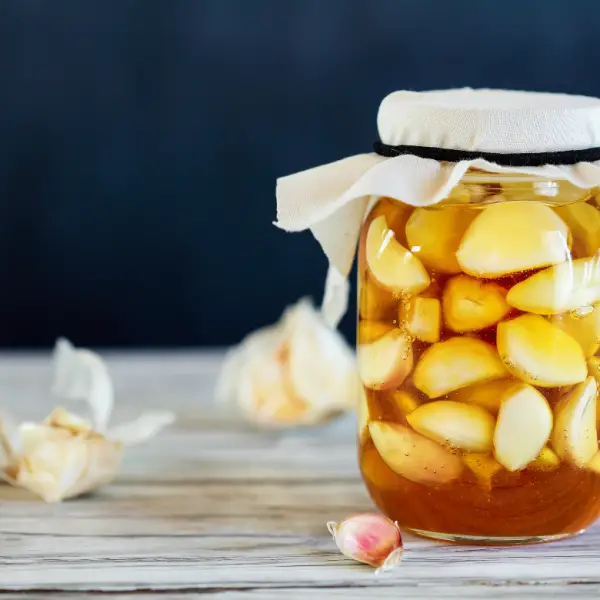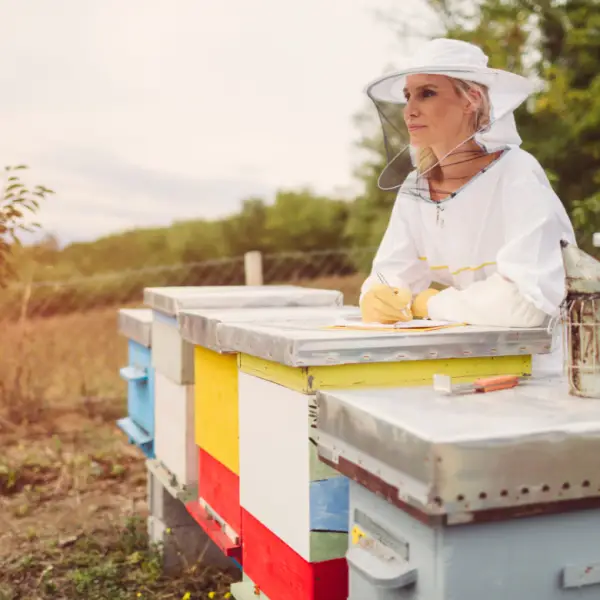Beekeeping presents an intriguing question: are the bees kept by beekeepers generally more docile? This investigation delves deep into the interactions between beekeepers and their hives, exploring the influence that human interactions may have on honey bee colony behavior. Beekeepers act as guardians to these buzzing communities through regular handling, inspections and selective breeding practices – their relationship having an effect beyond just honey production; also impacting safety and satisfaction of beekeepers themselves.

The Beekeeper Effect
The question of whether bees kept by beekeepers tend to be more docile is a nuanced exploration of the relationship dynamics. Studies and anecdotal evidence suggest that the regular interactions, handling, and inspections conducted by beekeepers can indeed contribute to the development of more docile honey bee populations. Beekeepers who establish a consistent and positive presence in their hives may influence the overall temperament of their colonies. This section aims to unravel the intricate connection between beekeepers and their bees, shedding light on how these interactions may shape the behavioral characteristics of the hive. Understanding the beekeeper effect is pivotal for those seeking to foster cooperative and manageable bee colonies while enhancing the safety and satisfaction of beekeeping practices.

Selective Breeding Practices:
The temperament of honey bee colonies is not solely a product of chance; it is also subject to intentional human influence through selective breeding practices. Beekeepers, as custodians of their hives, often engage in strategic breeding to encourage desirable traits, including docility. This section explores the nuanced world of selective breeding, where beekeepers leverage their understanding of honey bee genetics to propagate colonies that are not only productive but also known for their amiable demeanor. Delving into the methods and considerations involved in selective breeding provides valuable insights into how beekeepers actively shape the behavior of their bee populations, shedding light on the deliberate efforts to maintain docility within the hive.
Environmental Impact on Behavior
While the beekeeper plays a pivotal role in shaping the temperament of honey bee colonies, it is essential to acknowledge the influence of environmental factors on bee behavior. Hive location, climate, and available forage are among the external elements that can impact the overall temperament of bee colonies. This section delves into the broader context of environmental influences, exploring how well-managed hives situated in favorable conditions may exhibit more docile behavior. Understanding the interplay between environmental factors and bee behavior adds another layer to the intricate dynamics of honey bee colonies, offering insights into the multifaceted elements that contribute to their overall temperament.
Bee Breeds and Aggression
Beekeepers meticulously choose bee breeds based on a myriad of factors, including temperament, to ensure the harmony of their colonies. This section explores a diverse selection of commonly used bee breeds, offering insights into their distinctive characteristics related to aggression. The following table provides a comparative ranking based on known aggression levels, along with brief descriptions of each bee breed:
Bee Breed | Aggression Level (1-5, 5 being most aggressive) | Description |
|---|---|---|
Italian | 2 | Known for their gentle nature and excellent honey production. |
Carniolan | 3 | Exhibits calm behavior, winter hardiness, and efficient foraging. |
Buckfast | 2 | A hybrid breed bred for gentleness and adaptability. |
Russian | 4 | Recognized for resistance to pests and diseases but may exhibit defensive behavior. |
Africanized | 5 | More aggressive, a hybrid breed adapted to tropical climates. |
European Dark | 3 | Notable for their dark color and adaptability to various climates. |
Cordovan | 2 | Exhibits a light coloration and tends to be less defensive. |
Caucasian | 4 | Known for winter hardiness but may display defensive behavior. |
Carpathian | 3 | A hardy breed with moderate defensive tendencies. |
Minnesota Hygienic | 2 | Bred for hygienic behavior and gentleness. |
Conclusion
In this exploration of the relationship between beekeepers and honey bee docility, a nuanced interplay emerges. The intentional practices of beekeepers, including selective breeding and specific handling techniques, contribute to the creation of docile colonies. However, environmental factors also play a role, adding complexity to the overall temperament of bee populations. As stewards of these vital pollinators, beekeepers navigate a delicate balance, recognizing the influence they wield while acknowledging external variables. Embracing both the intentional and uncontrollable aspects of bee behavior is essential for cultivating harmonious apiaries. In the symphony of buzzing wings and diligent beekeeping practices, the quest for docility becomes a collaborative effort between humans and their fascinating apian counterparts.


